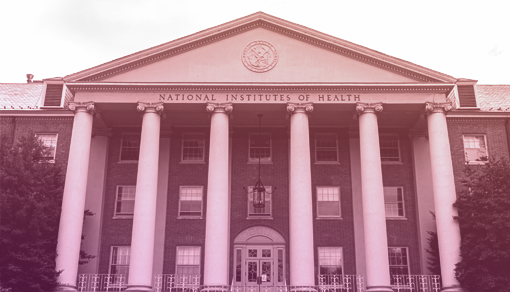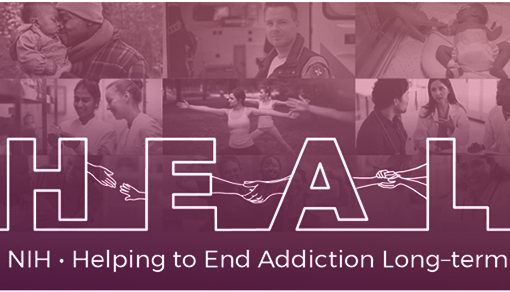In 2018, the National Institutes of Health (NIH) launched the Helping to End Addiction Long-term® Initiative, or NIH HEAL Initiative®, to find scientific solutions for the opioid public health emergency.
Drivers of opioid use disorder and overdose deaths have evolved considerably over four decades. The drug overdose crisis began 40 years ago, driven by heroin and crack/cocaine use. In the 1990s, it was fueled by widespread overprescribing of opioids for pain management.
The public health crisis of opioid misuse, addiction, and overdose deaths in America has seen recent dramatic increases driven by polydrug use and powerful synthetic opioids such as fentanyl. This situation has led to significant reductions in appropriate opioid prescribing for pain at a time when safer and effective pain management strategies are not available to millions of Americans who live with pain. To inform strategies that address the evolving opioid crisis, HEAL has two main goals:
- Improving the understanding, management, and treatment of pain
- Improving the prevention and treatment of opioid misuse, addiction, and overdose
HEAL research addresses urgent unmet needs across the lifespan – from infancy to adulthood. It encompasses prevention, treatment, and recovery support approaches for people at risk for or with opioid use disorder, as well as prevention and management of pain, with the goal of developing evidence-based strategies capable of providing rapid and lasting solutions to the opioid crisis.
Why HEAL?
The NIH HEAL Initiative is an NIH-wide research effort that combines the power of science and community to address the opioid crisis that is devastating American communities.
The Opioid Crisis
Understand how pain management and the opioid crisis are linked.
Making a Difference
HEAL-funded research is making a difference in the lives of individuals and communities across America.
NIH HEAL Initiative Leadership
Meet the committees, scientists, and staff who are working to end opioid use disorder long-term.
Budget and Annual Report
See the budget for NIH HEAL Initiative programs, as well as annual reports on organizational and research progress.
HEAL Strategic Planning
Learn about the HEAL strategic planning process toward establishing future research priorities for the next phase of the initiative.
 U.S. Department of Health & Human Services
U.S. Department of Health & Human Services






